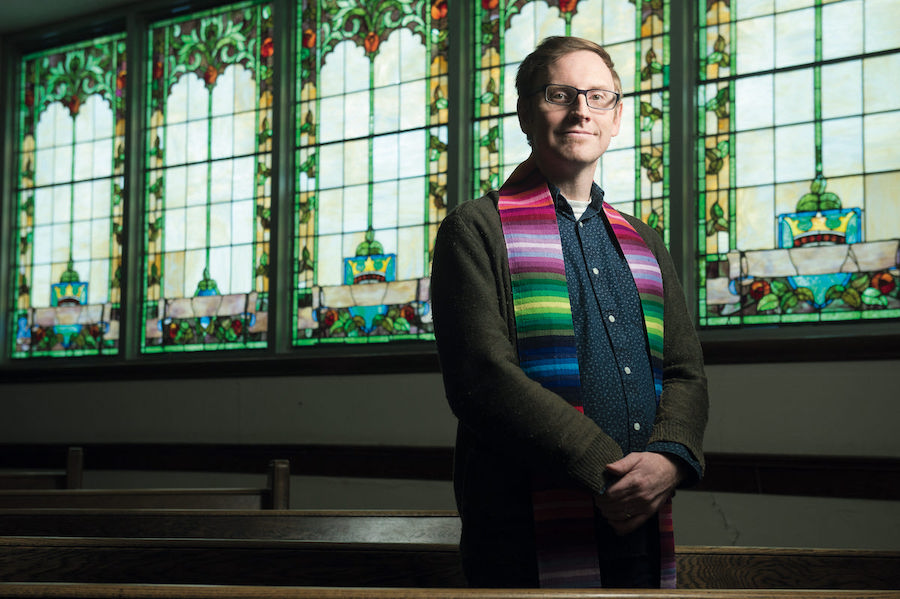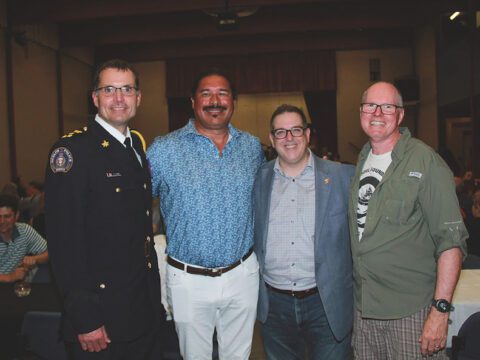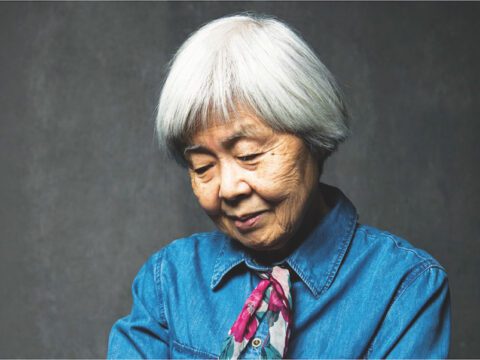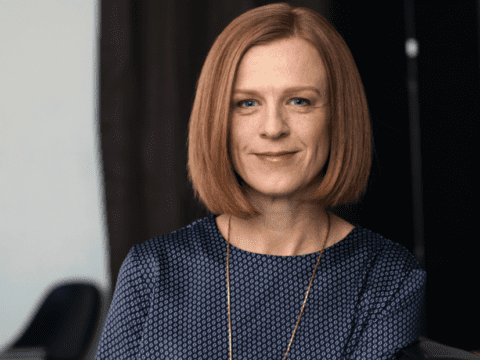The United Church of Canada is pledging to encourage the “development and sustainability of 100 new communities of faith, with a particular focus on churches that serve migrant communities.”
That pledge, part of its strategic plan, falls under Cameron Fraser’s purview. Fraser is a designated lay minister and the new director of growth and ministry development for the General Council office. Along with Fraser, the church has hired six growth animators who will work with regional councils across the country to help renew existing congregations, create new ones and invite new members.
You may unsubscribe from any of our newsletters at any time.
On the church’s growth strategy:
It is an embodiment of the lines from A New Creed that “we believe in God: who has created and is creating.” But it also might be a surprising one for some people to hear. Some of what we presume to be the collective narrative within the United Church is one of decline. And so to posture ourselves toward growth is perhaps eye-catching and ear-catching for people — intentionally so.
On creating 100 new communities of faith:
One hundred is a good, bold and aspirational number. There is also a link to the 100th anniversary of the United Church in 1925.
There was a Broadview article last year that lifted up [general secretary] Michael Blair’s sense that it is in the migrant and diasporic communities that we’re going to see much of this initial leadership. And this has certainly been our experience thus far.
Part of the growth animators’ work will not just be to create these new communities of faith — that’s more than any one person can do — but to be working with the regional structures and to be doing this nationally, strategically.
We want to identify those individuals who have a charism [gift] for creating something that doesn’t currently exist and to look at possibilities where there are existing communities who long to have an expression of church that meets their particular challenges and that expresses their particular joys.
More on Broadview:
- United Church chooses seven principles to guide its justice work
- Port Hope United Church demands apology after touring choir removes Pride flags from sanctuary
- Indigenous healing centre inside United Church could help people struggling with work and finances
On what drew him to the role:
I’ve been working within the church since 2008, first as a staff associate, then as a designated lay minister, doing both United Church camping and new ministry development within a congregation and then in solo pastoral ministry. I have, by my count, more than two decades left of ministry to pursue in the United Church. I want to do that in a hopeful space. And so ideas like this that speak of a sense that we have something important and valuable to offer the world are incredibly exciting to me.
I was raised in the United Church and then spent close to a decade in evangelical churches that had a real church-planting vocation. While the theological and ethical, particularly justice, commitments have very much changed in the work I do now, that outlook of growth has undoubtedly shaped me.
On the pledge to create eight new online communities of faith:
The pandemic showed us that worship, spiritual development and community development can all happen online. And so what is the unique vocation that a community of faith that exists solely online offers? There are lots of recognized online ministries but none that perhaps have the same status as a brick-and-mortar congregation. For someone who engages through one of these online expressions, can we have a mechanism by which they become a member of The United Church of Canada? What does a baptism look like?
We are a baptized and baptizing church. Can an online community become a baptized and baptizing space? I think that is an intriguing conversation that is perhaps a little different than “How do you build community?” or “How do you do a great online service?”
This interview has been edited for length and clarity.
***
Emma Prestwich is Broadview’s digital and UCC in Focus editor (on leave).
This story first appeared in Broadview’s January/February 2024 issue with the title “One Hundred is a Good and Bold Number.”















As a former evangelical Christian, I can relate to Reverend Fraser in that my evangelical commitment to church planting, membership growth, and utilizing modern technology has undoubtedly shaped me.
One of the most important goals I want to achieve is removing the stigma of the term evangelism in my home church. I want to inspire other like-minded churches to realize that the best way to deal with our troubled colonial past is to rewrite the wrongs by creating churches and denominations that can be influential in shaping progressive public policy and changing public opinion.
We can use “inclusive evangelism” to describe our growth and member engagement efforts. I hope that Canadian mainline denominations will adopt inclusive evangelism and organize a new Social Gospel Movement for the 21st Century.